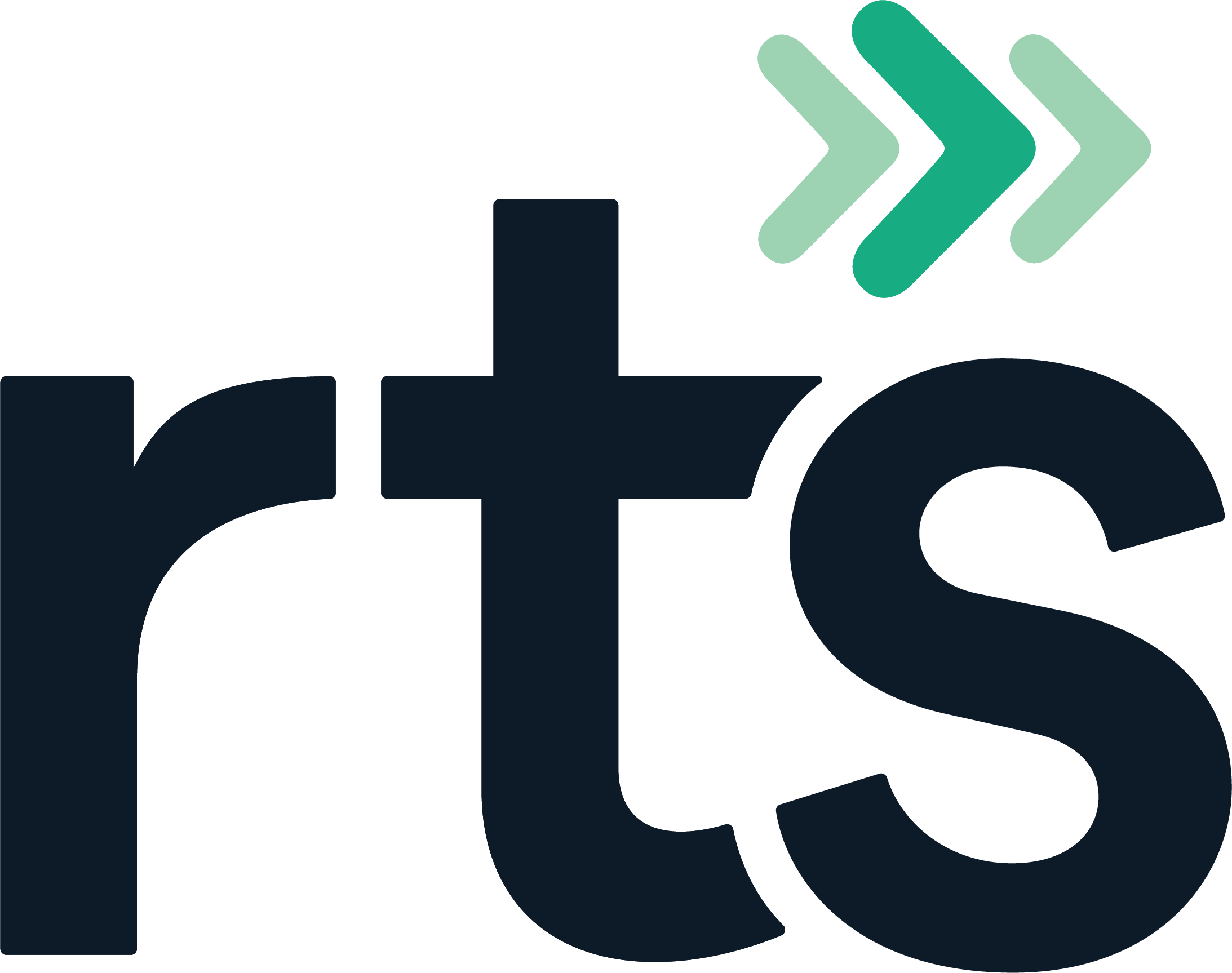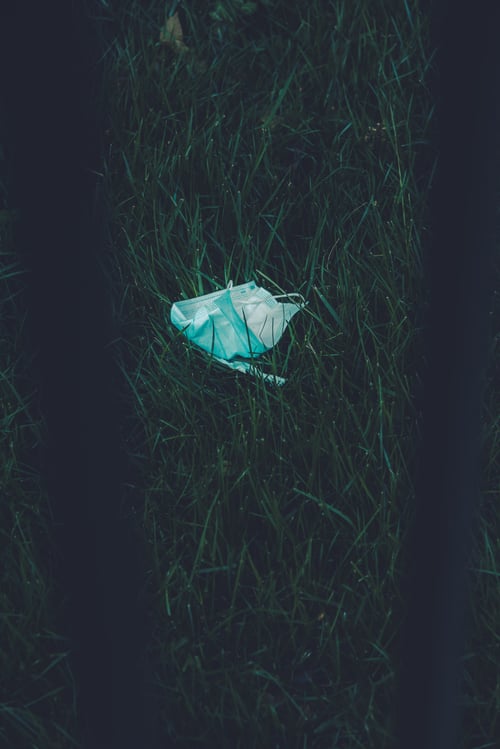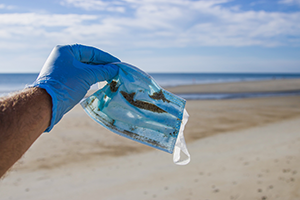Back in 2018, when you hear about personal protective equipment or PPE, you'll usually associate it with doctors, surgeons, or anyone in the healthcare industry. PPE offers protection to the occupational hazards that industries such as healthcare dentistry may encounter daily. Before 2020 when the pandemic was not the focus of the world, PPE made up a relatively small part of the waste stream. Fast forward to today our need for PPE isn't dictates by our occupation as everyone across the world must "mask up" to protect themselves. We've come to learn with the onset of the pandemic our collective reliance on disposable PPE has become a necessity to the health and safety of the global population. So now what do we do with millions of masks, gloves, and face shields?
PPE Use, What Does That Mean For The Environment?
The current amount of PPE waste has dramatically increased worldwide and overall PPE production has shot up during the pandemic. If you were to go for a walk to your local grocery store you are almost guaranteed to see a mask or two on the ground. While the focus is often just on single-use masks, other PPE waste items such as safety gowns, face shields, protective covers, gloves, and other PPE also ends up littering our land, waterways, and natural spaces. This is because unlike hospitals and medical facilities with their closed-loop, tightly controlled waste programs, our pandemic single-use PPE waste ends up in the regular waste stream. This spread of PPE in the environment is not only a biohazard but is detrimental to the environment since single-use disposable surgical masks are made up of a tough to recycle combination of polypropylene, polystyrene, polycarbonate, polyethylene, or polyester. This mixture of plastics makes it extremely difficult for the material to break down, and when it does it becomes microplastics, which can end up in our food sources.
It is estimated that globally, 129 billion face masks and 65 billion gloves are used a month during the pandemic. With everyone using PPE on a daily basis there is a pretty darn good chance are our environment will be littered with them.
In our attempt to get control of the pandemic and recover, evidence suggests that we may need to get used to a new normal. A normal where masks become an intricate part of our daily lives. Post pandemic we can safely expect our global need for PPE to remain at a persistent demand, this will create PPE waste which has an environmental impact, so how can we work to reduce the impact on the environment that PPE creates?
Many people around the world are looking at greener, more recyclable ways to manufacture masks while attempting to achieve a high rate of filtration. Many businesses have started to adopt new waste management practices to ensure they do their part in reducing their ecological footprint including recycling leaders such as Green Circle Ideas and RecycleSmart who have partnered to create an efficient method of collecting PPE waste and disposing of it safely and effectively.
The PPE Recovery Initiative
RecycleSmart has partnered with Green Circle Ideas to bring Canadian businesses the opportunity to reduce their environmental impact through the smart recovery of their PPE waste. Businesses are set up with a PPE Recovery Kit, that helps employees and customers make it easy to safely and responsibly dispose of their personal protective gear.
![]()
The recovery kit accepts:
|
|
Registration for the program is as simple as getting in contact with our service team or contacting your RecycleSmart account manager today! The PPE recovery program will be around indefinitely and when its full, changing your kit is as simple as sealing it up and shipping it back to our partners.
For more information about the PPE recovery program fill out the form below.



.png?width=371&height=500&name=Untitled%20design%20(12).png)
